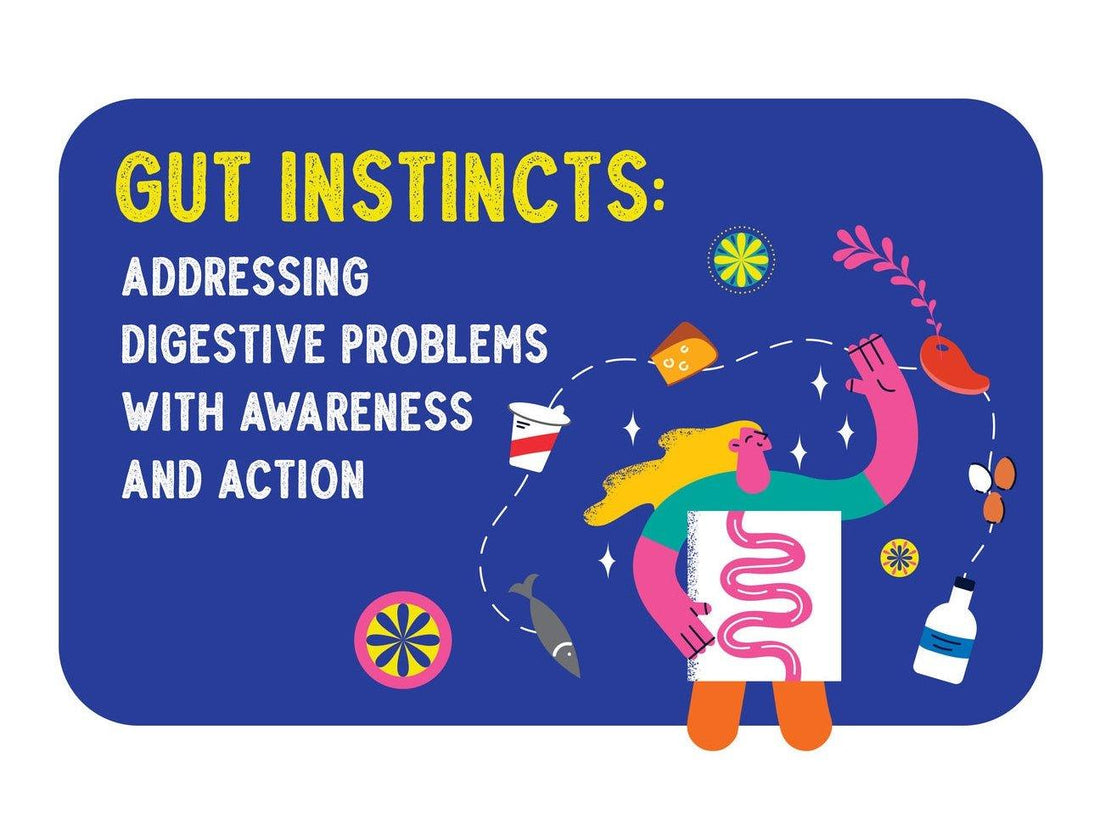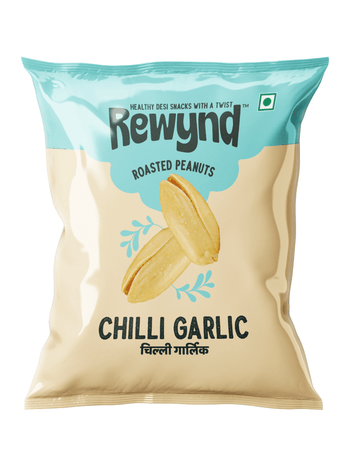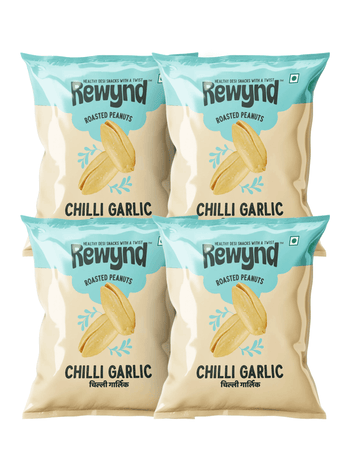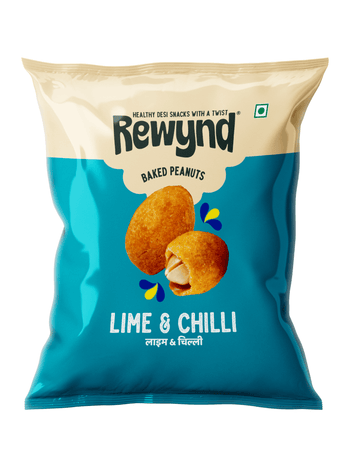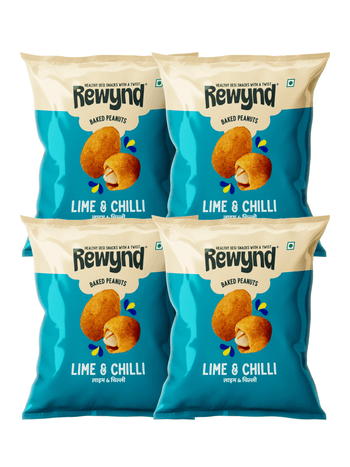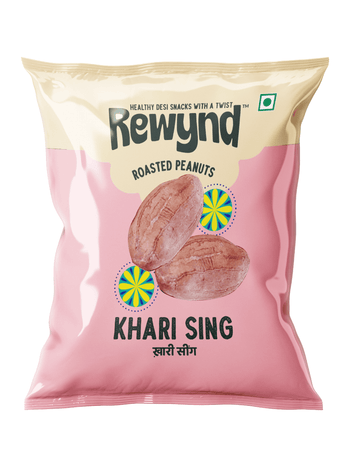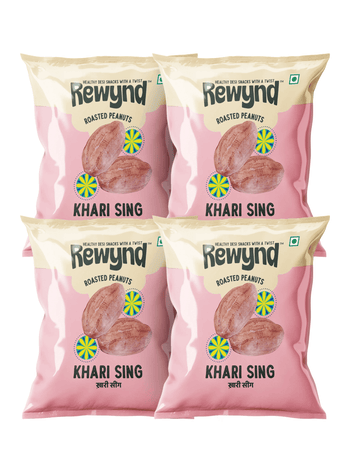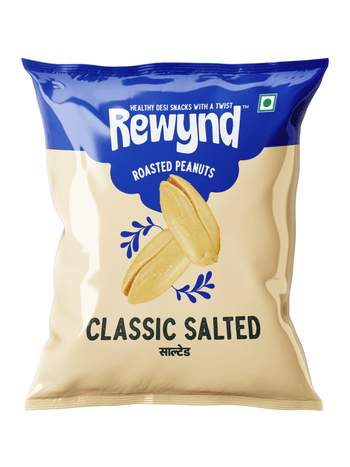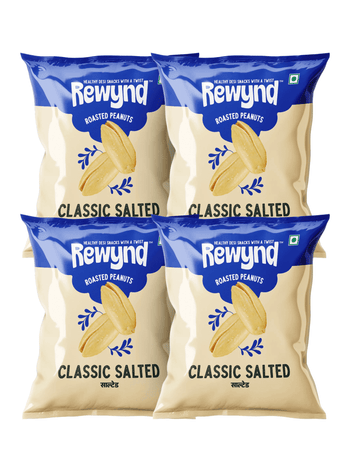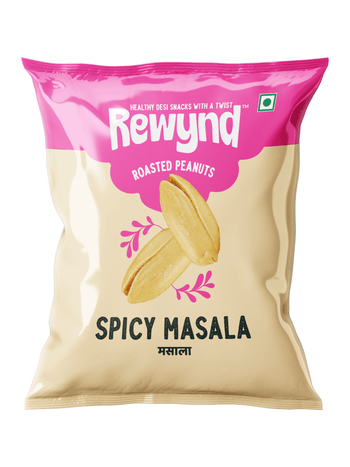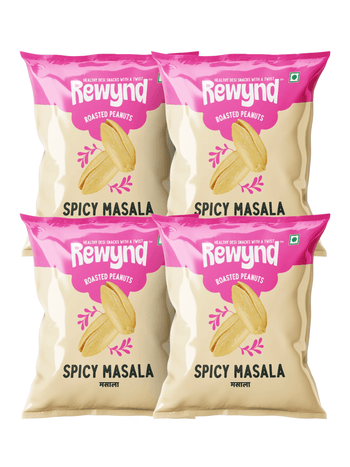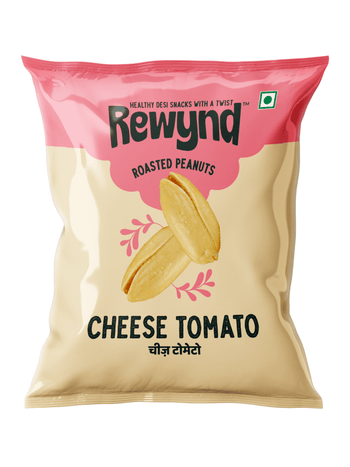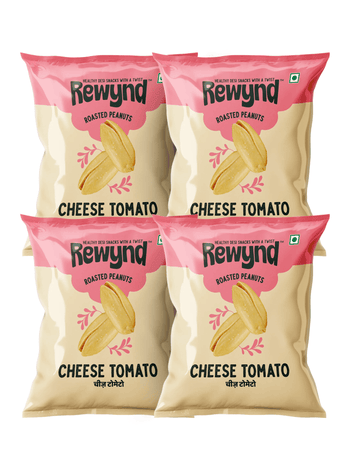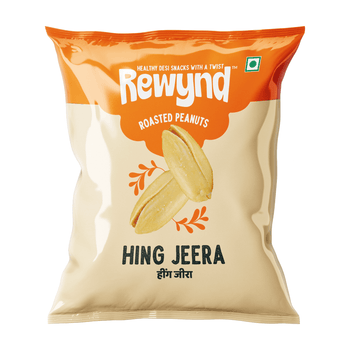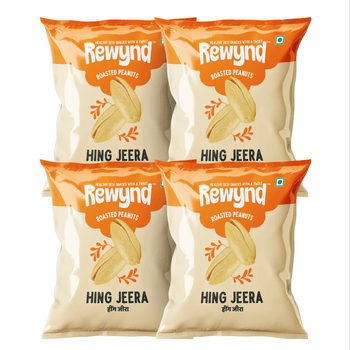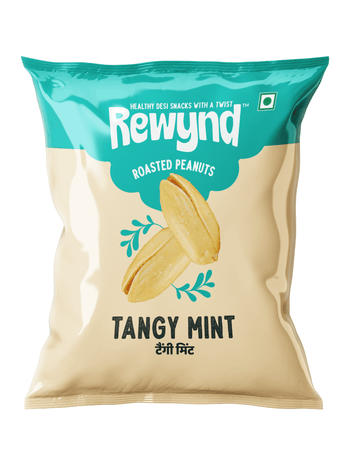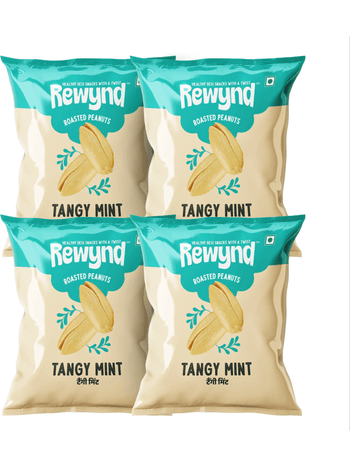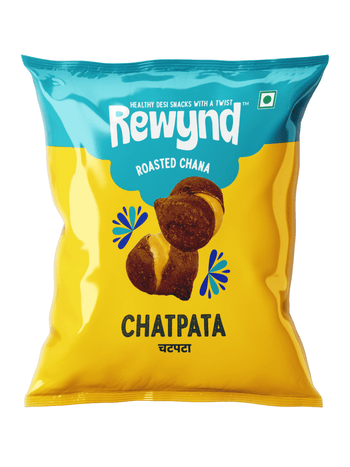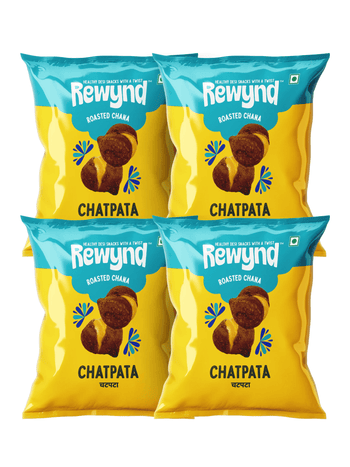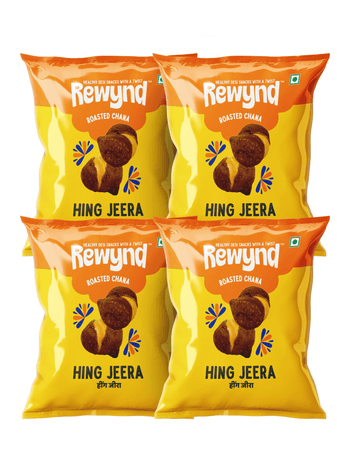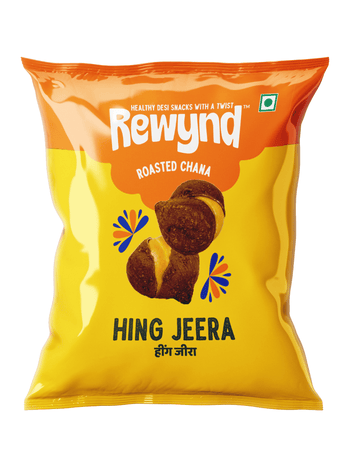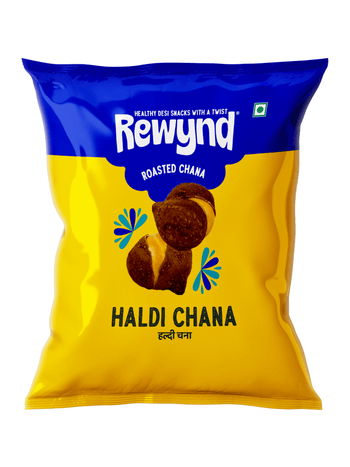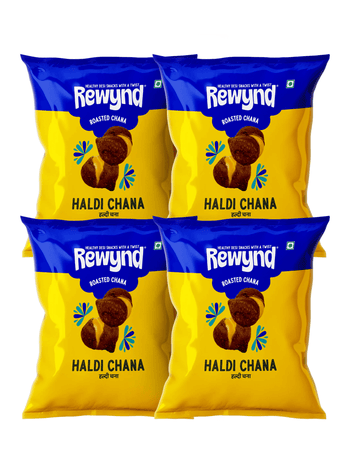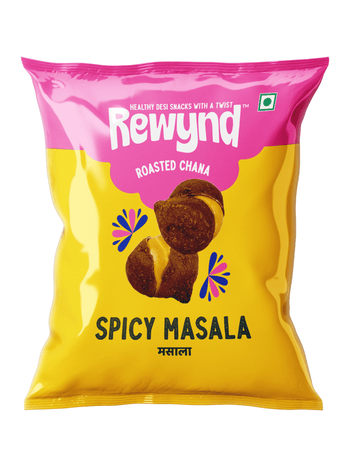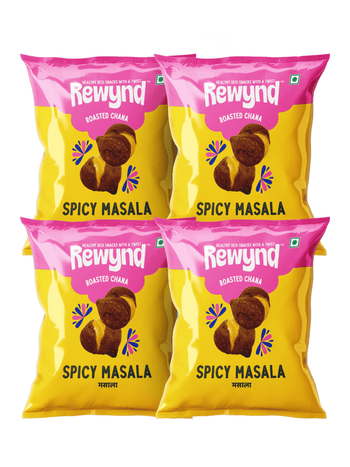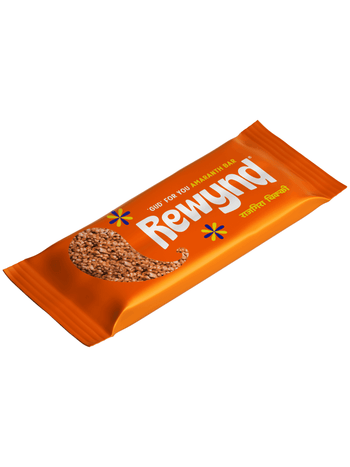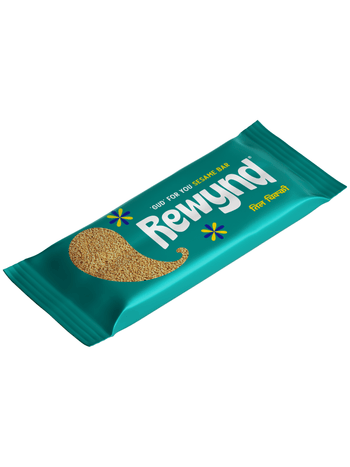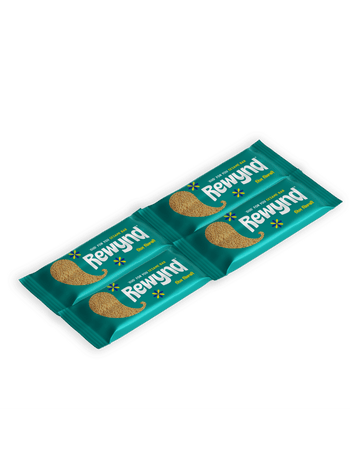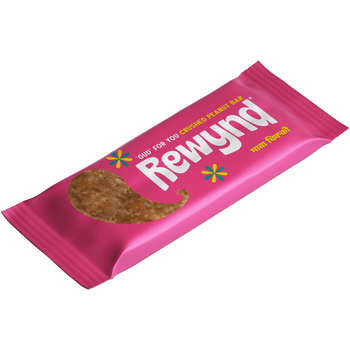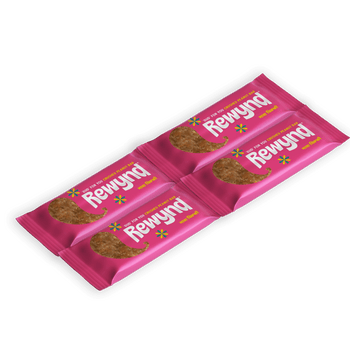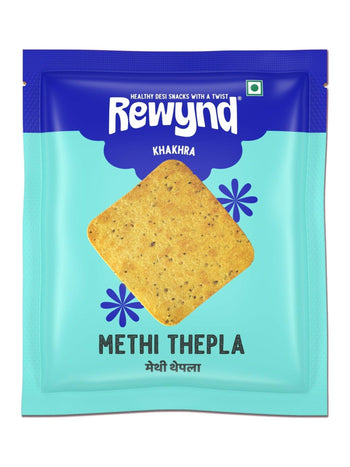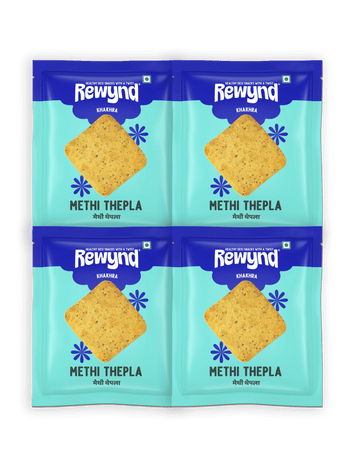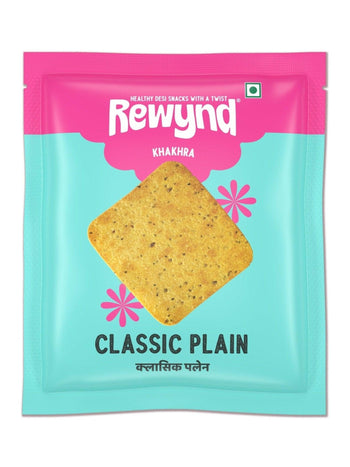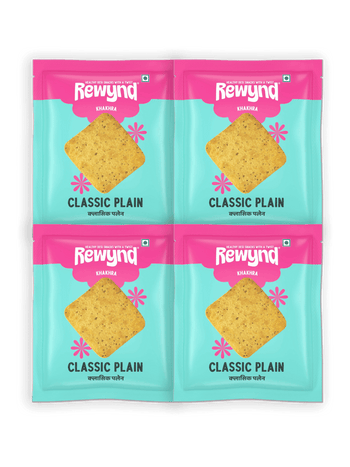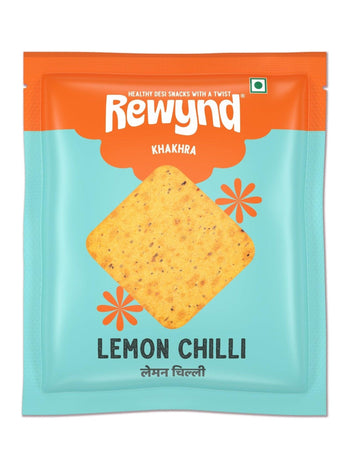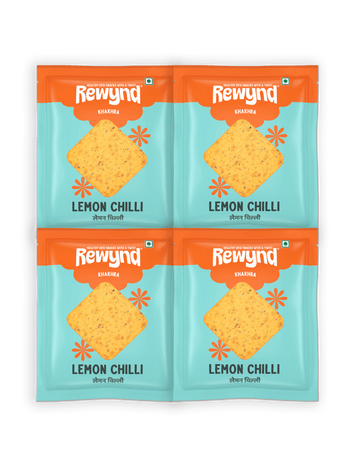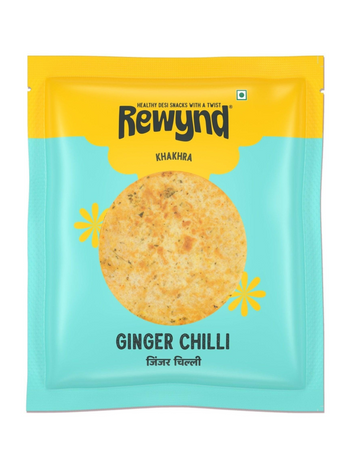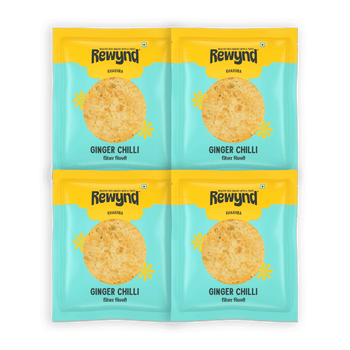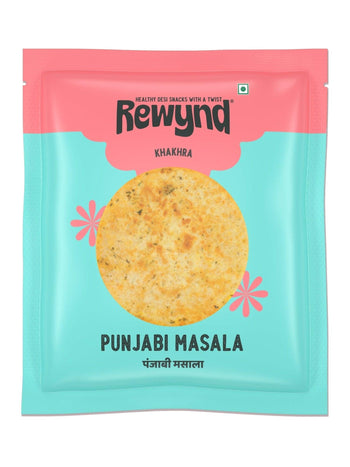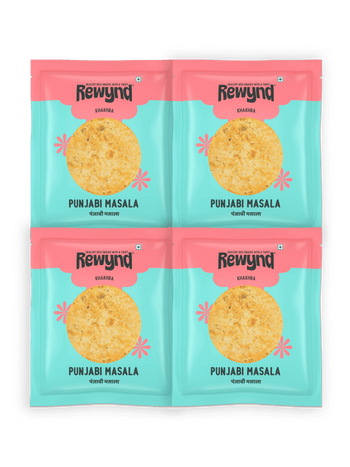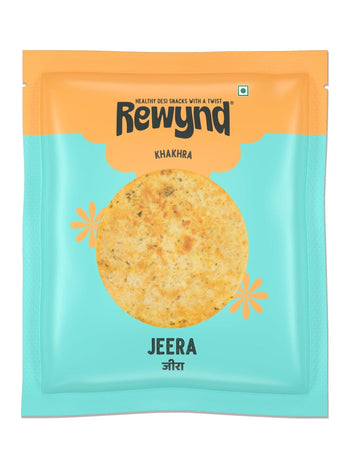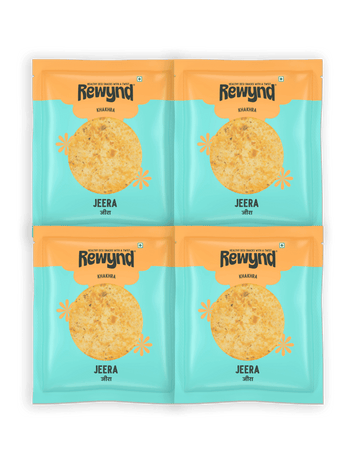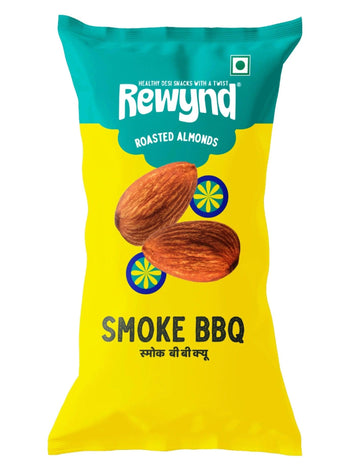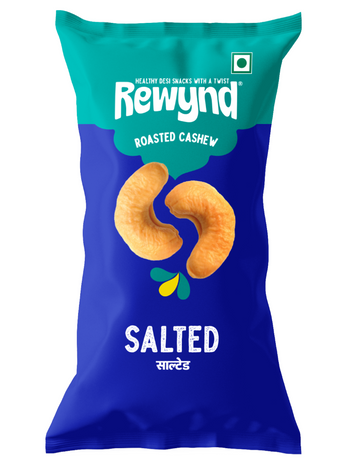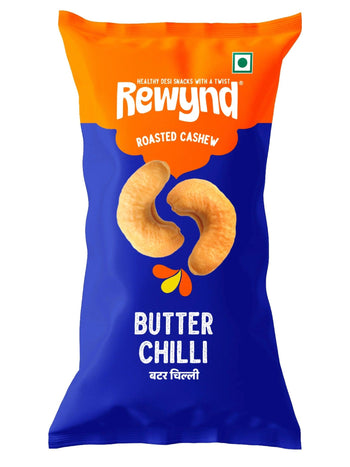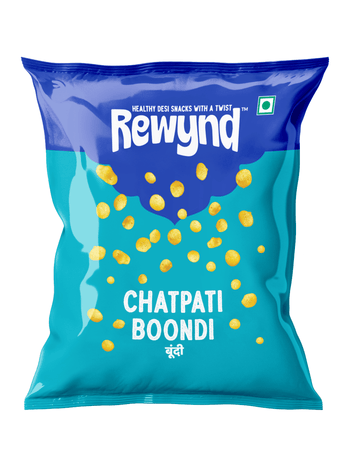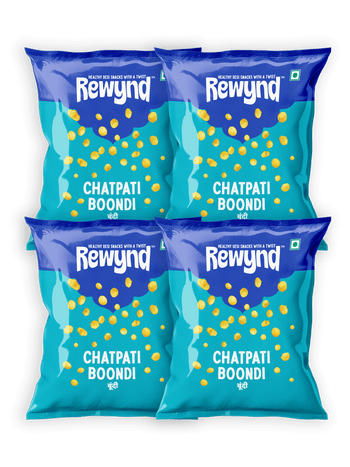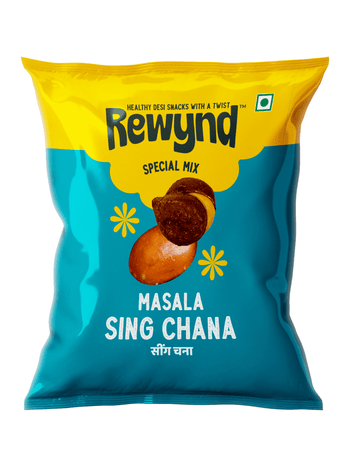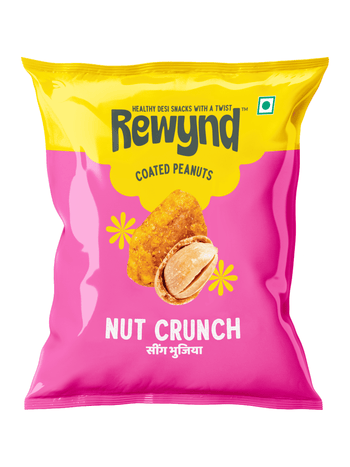Introduction
Gut health is increasingly recognized as a cornerstone of overall wellness. While it may not always be the most discussed aspect of health, the state of our digestive system significantly influences many other areas of our well-being. From digestion to immunity and mental health, the gut plays a vital role in maintaining balance in our bodies.
Understanding Gut Health
Gut health refers to the balance and function of microorganisms in our digestive tract. This complex community, known as the gut microbiome, includes bacteria, viruses, fungi, and other microbes. A healthy gut microbiome is diverse and balanced, contributing to the proper functioning of our digestive system and beyond.
The Importance of Gut Health
- Digestive Efficiency:
- A well-balanced gut microbiome helps break down food and facilitate the absorption of nutrients. This efficiency helps prevent digestive issues like bloating, constipation, and indigestion and ensures our bodies get the necessary vitamins and minerals to function correctly. The gut also synthesizes and absorbs essential nutrients such as vitamins B and K, calcium, and magnesium. It aids in detoxification, processing, and eliminating toxins from the body.
- Immune System Support:
- The gut is home to a significant portion of our immune system. A healthy microbiome helps protect against harmful pathogens and supports the body’s defense mechanisms, reducing the risk of infections and illnesses.
- Mental Health Connection:
- There is a strong link between the gut and the brain, known as the gut-brain axis. A balanced gut can positively impact mood and cognitive function, while an imbalance may contribute to conditions such as anxiety and depression. The gut produces a lot of serotonin, a crucial chemical for controlling mood.
- Weight Management:
- The gut microbiome influences metabolism and can affect body weight. A healthy gut helps regulate appetite and energy balance, potentially reducing the risk of obesity and metabolic disorders.
- Reduced Inflammation:
- A balanced gut can help manage inflammation in the body. Chronic inflammation is associated with numerous diseases, including heart disease and diabetes. The microbiome produces anti-inflammatory compounds that support overall health.
The Crucial Role of Gut Health in Maintaining the Human Body

Beyond digestion, the gut is a cornerstone of our immune system, housing around 70% of immune cells. The gut-brain connection highlights the gut's impact on mental health, as it produces serotonin, a critical neurotransmitter that influences mood and cognitive function. A healthy gut can enhance mental clarity and emotional stability, while an imbalance can contribute to anxiety and depression.
Gut health also plays a critical role in metabolism and weight management. The microbiome helps regulate appetite and energy expenditure, influencing body weight and reducing the risk of obesity and metabolic disorders. Additionally, beneficial gut bacteria produce anti-inflammatory compounds, which help manage inflammation and lower the risk of chronic conditions like heart disease and diabetes. Furthermore, the gut regulates hormones like insulin, crucial for blood sugar control. An imbalanced gut can lead to hormonal disruptions and metabolic issues.
Prioritizing gut health through a balanced diet, regular exercise, and mindful living can lead to a healthier, happier life.
Ways to Improve Gut Health
Improving gut health involves making mindful lifestyle and dietary choices. Consuming a diverse range of foods, mainly those high in fibre, such as fruits, vegetables, whole grains, and legumes, can promote a healthy gut microbiome. Fiber acts as fuel for beneficial gut bacteria, aiding in their growth and diversity.
Including fermented foods like curd (yogurt), lassi, idli, dosa, and dhokla introduces beneficial probiotics that help maintain gut balance. These foods can enhance the gut microbiome by introducing healthy bacteria that aid digestion and boost immunity.
Staying hydrated is crucial for gut health, as water aids digestion and nutrient absorption. Drinking plenty of water helps maintain the mucosal lining of the intestines and supports the balance of good bacteria.
Regular physical activity can also positively impact gut health. Exercise promotes food movement through the digestive system, reducing the likelihood of constipation and supporting overall digestive health.
Managing stress is another vital aspect of maintaining a healthy gut. Chronic stress can negatively affect the gut microbiome and lead to digestive issues. Meditation, deep breathing exercises, yoga, and other relaxation techniques can help manage stress levels and support gut health.
Avoiding the overuse of antibiotics is essential, as antibiotics can disrupt the balance of gut bacteria by killing harmful and beneficial bacteria. When necessary, using antibiotics judiciously and following a healthcare provider's advice can help protect gut health.
Limiting the intake of processed foods, sugars, and artificial sweeteners can also benefit the gut. These foods can negatively affect the balance of gut bacteria and contribute to inflammation. Instead, focusing on a diet rich in whole, unprocessed foods supports a healthy gut environment. Traditional Indian whole foods such as lentils (dal), beans, whole grains like brown rice and millet, and leafy greens are excellent choices.
Finally, getting adequate sleep is essential for overall gut health. Poor sleep can disrupt the balance of the gut microbiome, so maintaining a regular sleep schedule and ensuring quality rest can support digestive health.
By incorporating these practices into daily life, including traditional Indian foods, we can improve our gut health and, in turn, enhance overall well-being.
The Rising Popularity of Probiotics and Prebiotics Compared to Other Health Supplements
Probiotics and prebiotics have become increasingly popular due to their significant benefits for gut health, setting them apart from other health products. As people become more aware of the importance of a healthy gut microbiome, these supplements have gained attention for their unique ability to support and maintain digestive health.
Probiotics: The Beneficial Bacteria
Probiotics are live microorganisms that provide health benefits when consumed in adequate amounts. They are often called "good" or "friendly" bacteria because they help maintain the natural balance of organisms in the intestines. Probiotics can be found in buttermilk, lassi, kefir, idli, dosa, and supplement forms.
Prebiotics: Nourishing the Good Bacteria
Prebiotics are non-digestible food components that promote the growth and activity of beneficial bacteria in the gut. They are typically found in high-fiber foods such as bananas, onions, garlic, leeks, asparagus, whole grains, and legumes.
The Synergy of Probiotics and Prebiotics
When consumed together, probiotics and prebiotics create a synergistic effect known as synbiotics. This combination ensures that beneficial bacteria are introduced into the gut and have the nutrients to thrive. This dual approach optimizes gut health more effectively than either component alone.
Potential Risks of Overusing Gut Health Supplements
While gut health supplements, including probiotics and prebiotics, offer numerous benefits, overusing these supplements can pose potential risks to your health. It is essential to understand these risks to make informed decisions and maintain a balanced approach to gut health.
Disruption of Gut Microbiome Balance
One of the primary risks of overusing probiotics is the potential disruption of the natural balance of the gut microbiome. Introducing large quantities of specific strains of bacteria can overwhelm the existing microbial diversity, leading to an imbalance. This disruption can result in digestive issues, such as bloating, gas, and diarrhoea, as the gut struggles to adjust to the influx of new bacteria.
Allergic Reactions and Intolerances
Overuse of gut health supplements can also increase the risk of allergic reactions and intolerances. Some probiotics and prebiotics are derived from common allergens, such as dairy, soy, or gluten. Excessive consumption can trigger allergic reactions or exacerbate intolerances, leading to symptoms like abdominal pain, bloating, and skin rashes.
Small Intestinal Bacterial Overgrowth (SIBO)
Small intestinal bacterial overgrowth (SIBO) is a condition characterized by an abnormal increase in the number of bacteria in the small intestine. Overusing probiotics can contribute to SIBO by introducing excessive bacteria that colonize the small intestine, where they are not typically abundant. SIBO can cause symptoms like bloating, abdominal pain, diarrhoea, and nutrient malabsorption.
Increased Risk of Antibiotic Resistance
Prolonged and excessive use of probiotic supplements may contribute to antibiotic resistance. Some probiotic strains carry genes that confer antibiotic resistance, which can be transferred to pathogenic bacteria in the gut. This transfer can make infections more complicated to treat and reduce the effectiveness of antibiotic therapies.
Nutrient Imbalances
While prebiotics promote the growth of beneficial bacteria, overconsumption can lead to nutrient imbalances. Excessive intake of prebiotic fibres can interfere with the absorption of essential nutrients, such as calcium, magnesium, and iron, leading to deficiencies. Excessive fibre intake can cause digestive discomfort, including bloating, gas, and constipation.
Psychological Dependence
Relying heavily on gut health supplements can create a psychological dependence, where individuals believe they cannot maintain gut health without them. This dependence can lead to neglecting other vital aspects of a healthy lifestyle, such as a balanced diet, regular exercise, and stress management.
Reasons Some Diets Lack Essential Nutrients for Gut Health
Specific diets may lack essential nutrients for gut health due to various factors, including food choices, dietary restrictions, and lifestyle habits. Understanding these reasons can help make more informed nutritional decisions to support a healthy gut.
Exclusion of Fibre-Rich Foods
Fibre is crucial for maintaining a healthy gut as it serves as food for beneficial bacteria. Diets low in fruits, vegetables, whole grains, and legumes often need more fibre. Without adequate fibre, beneficial bacteria in the gut cannot thrive, leading to an imbalance in the gut microbiome. This can result in digestive issues such as constipation and bloating, and may negatively impact overall gut health.
Limited Variety
A diverse diet is essential for a diverse gut microbiome. Diets that are monotonous or heavily reliant on a limited range of foods can lead to a less diverse gut microbiome. Different beneficial bacteria feed on other nutrients, so consuming various foods ensures that a wide range of beneficial bacteria are supported. Diets that lack variety, such as those that primarily include processed foods, do not provide the necessary nutrients to maintain a healthy and diverse gut microbiome.
Over-Reliance on Processed Foods
Processed foods often contain high levels of unhealthy fats, sugars, and artificial additives, but lack essential nutrients and fiber. These foods can disrupt the balance of the gut microbiome by promoting the growth of harmful bacteria and reducing the presence of beneficial bacteria. Additionally, the lack of fibre and essential nutrients in processed foods can lead to poor digestive health and reduced gut function.
Inadequate Intake of Prebiotics and Probiotics
Prebiotics and probiotics play a crucial role in gut health. Prebiotics are non-digestible fibres that feed beneficial gut bacteria, while probiotics are live beneficial bacteria found in fermented foods. Diets that do not include sufficient prebiotic foods (such as garlic, almonds, and bananas) and probiotic foods (such as yogurt, lassi or buttermilk, and Coconut Water) can lack the necessary support for a healthy gut microbiome. This deficiency can hinder the growth and maintenance of beneficial bacteria in the gut.
Low Consumption of Fresh, Whole Foods
Fresh, whole foods such as fruits, vegetables, nuts, seeds, and whole grains are rich in essential nutrients and fibre that support gut health. Diets that rely heavily on convenience foods and lack fresh, whole foods can deprive the gut microbiome of necessary nutrients. Incorporating fresh, whole foods into the diet can help ensure the gut receives the nutrients it needs to function optimally.
By understanding these reasons, individuals can make more informed dietary choices to ensure their gut receives the essential nutrients for optimal health. Incorporating a diverse range of fibre-rich, fresh, whole, and fermented foods can significantly improve gut health and overall well-being.
Food Combinations that can Enhance Gut Health for Different Dietary Preferences
Enhancing gut health with traditional Indian vegetarian foods can be achieved by combining ingredients that balance fibre, prebiotics, and probiotics. Here are some effective combinations:
1. Rice and Lentils (Dal)

- Why It’s Good: This classic combination provides complete protein and a good mix of soluble and insoluble fibre. Lentils are rich in prebiotics that support the growth of beneficial gut bacteria.
- How to Enjoy: Serve a bowl of steaming hot rice with a ladle of lentil curry, garnished with cilantro and a squeeze of lemon for added vitamin C.
2. Curd Rice

- Why It’s Good: Curd (yogurt) is a natural probiotic that helps maintain a healthy gut microbiome. When mixed with rice, it becomes a soothing, fibre-rich meal.
- How to Enjoy: Mix plain yogurt with cooked rice, add a pinch of salt, and temper with mustard seeds, curry leaves, and grated carrots.
3. Whole Wheat Roti with Vegetable Sabzi

- Why It’s Good: Whole wheat roti provides fibre, while a variety of vegetables in sabzi offer vitamins, minerals, and additional fibre.
- How to Enjoy: Pair a hot, freshly made roti with a mixed vegetable curry containing seasonal veggies like spinach, carrots, and bell peppers.
4. Khichdi with Yogurt

- Why It’s Good: Khichdi, made from rice and moong dal, is easy to digest and provides fibre and protein. Adding yogurt enhances its probiotic content.
- How to Enjoy: Cook rice and moong dal with turmeric and cumin seeds, and serve with plain yogurt.
5. Sprouted Moong Salad

- Why It’s Good: Sprouted moong beans are rich in fibre, vitamins, and prebiotics. Adding raw vegetables boosts the fibre content.
- How to Enjoy: Mix sprouted moong with chopped onions, tomatoes, cucumbers, and cilantro. Add a squeeze of lemon and a sprinkle of chaat masala.
6. Rajma with Brown Rice

- Why It’s Good: Rajma (kidney beans) are high in fibre and protein, while brown rice adds complex carbohydrates and additional fibre.
- How to Enjoy: Cook rajma with tomatoes, onions, and spices, and serve over steamed brown rice.
7. Aloo Gobi with Paratha

- Why It’s Good: Aloo (potato) and gobi (cauliflower) provide a mix of fibre and essential nutrients. Whole wheat parathas add additional fibre.
- How to Enjoy: Cook aloo gobi with turmeric, cumin, and coriander, and serve with whole wheat parathas.
These Indian vegetarian food combinations enhance gut health by providing essential nutrients and adding variety and flavor to your diet. Incorporating these combinations into your meals can help maintain a healthy and balanced gut microbiome.
Conclusion
Gut health is vital for overall well-being, affecting digestion, immunity, and mental health. A balanced gut microbiome supports essential functions, while poor gut health can lead to various issues.
Enhancing gut health involves mindful lifestyle and dietary choices. Incorporating traditional Indian vegetarian foods rich in fibre, prebiotics, and probiotics—such as rice and lentils, curd rice, whole wheat roti with vegetable sabzi, and dhokla with mint chutney—supports a healthy gut. Staying hydrated, managing stress, and avoiding overuse of antibiotics and processed foods also help.
Probiotics and prebiotics are beneficial but should be used wisely. Understanding diet gaps helps make better nutritional decisions.
Prioritizing gut health through diet, exercise, and mindful living can significantly improve life quality. And remember, a Rewynd Snack is a tasty step toward a happy, healthy gut—because a snack that loves your gut is worth having!
After all, a happy gut means you can tackle life with the same enthusiasm as a plate of chaat—without the indigestion!
